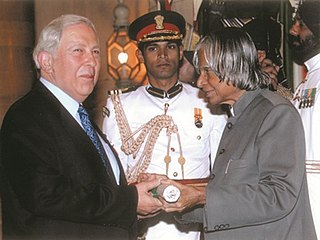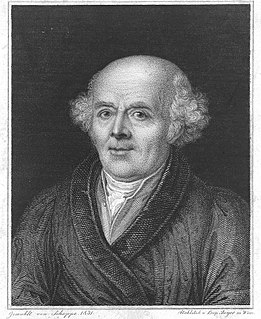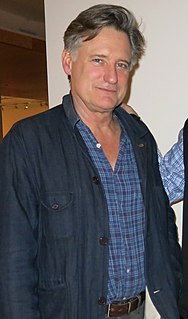A Quote by Yusuf Hamied
AIDS today is not a death sentence. It can be treated as a chronic illness, or a chronic disease.
Quote Topics
Related Quotes
HIV/AIDS from converted from a lethal disease into a chronic disease because basic scientists' fundamental research was done that illuminated aspects of that virus and allowed the generation of therapies like antiretroviral therapies. And so now HIV/AIDS is not a lethal disease, it is a chronic disease.
Every effective drug provokes in the human body a sort of disease of its own, and the stronger the drug, the more characteristic, and the more marked and more violent the disease. We should imitate nature, which sometimes cures a chronic affliction with another supervening disease, and prescribe for the illness we wish to cure, especially if chronic, a drug with power to provoke another, artificial disease, as similar as possible, and the former disease will be cured: fight like with like.
Calcification is the hardening of body tissues by calcium salts or deposits. Although calcification itself is not considered a disease, it has been shown to be a significant contributing factor in nearly every known illness and aging condition, including heart disease, kidney stones, gallstones, chronic inflammation, arthritis, cancers, cataracts, eczema, psoriasis, and even wrinkles.
One strand of psychotherapy is certainly to help relieve suffering, which is a genuine medical concern. If someone is bleeding, you want to stop the bleeding. Another medical aspect is the treatment of chronic complaints that are disabling in some way. And many of our troubles are chronic. Life is chronic. So there is a reasonable, sensible, medical side to psychotherapy.



































